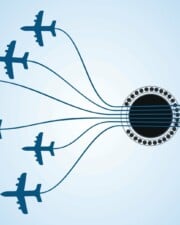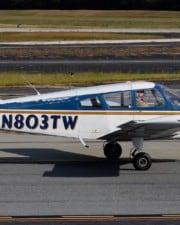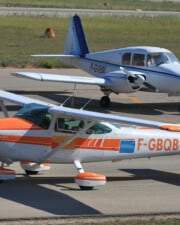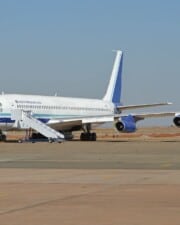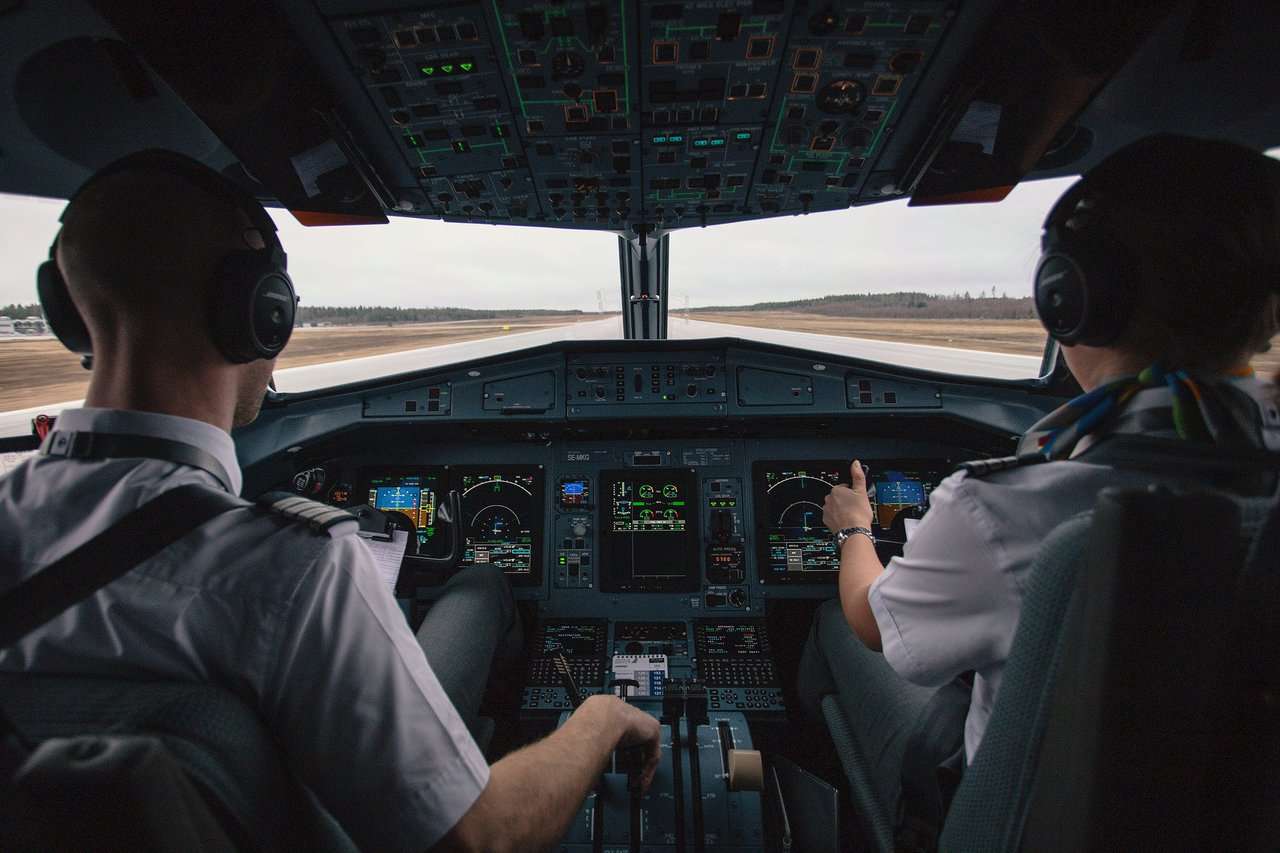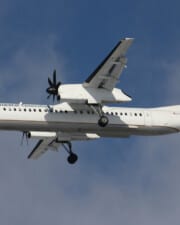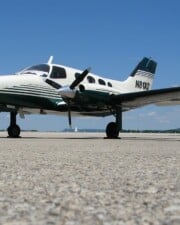Plenty of unexpected things can happen on a flight, such as the plane arriving at its destination with one more person on board than it had when it left the ground. Babies being born on planes are pretty rare, but it does happen. What happens in the case of this happiest of accidents?
The first priority is to deliver the baby safely, which the flight attendants or any medical professionals aboard will do. If necessary, the flight will divert to help the mother and baby reach a hospital as soon as possible. Only after the baby is born is it time to sort out logistical situations such as the baby’s citizenship and any airline perks.
While airlines try to avoid these situations by restricting when pregnant passengers travel, and the chances of a baby being born on your next flight are one in 26 million, these incidents still happen. Here is what happens if a baby is born on a plane.
Who Delivers a Baby Born on the Plane?
When a pregnant woman starts to feel contractions while on board a plane, the first thing she does is alert the cabin crew. If she can, the mother will try to hold on until the plane lands so she can receive medical attention on the ground, but in some cases, the baby simply won’t wait.
The first priority is to move the mother to a seat where she will be more comfortable. Seats in economy class are barely comfortable for sitting in, let alone delivering a baby! The airline will move the mother up to a first-class berth which offers more space and privacy or set up a birthing area in the galley.
The next priority is to find someone on board who can help deliver the baby. The flight attendants will make an announcement asking if there is a medical professional on board a plane. On a recent Delta flight that saw an unexpected arrival, there was a doctor and three NICU nurses on board, which made for a delivery that was as secure as possible, given the circumstances!
If there is no doctor on board, then the flight attendants will deliver the baby themselves. Flight attendants are not exactly trained obstetricians, but they are trained in first aid and providing medical care in emergency situations, including emergency childbirth. A birth on a plane means a busy time for flight attendants, as they have to assist with the birth, calm down other passengers, and take care of any other children the mother may be traveling with.
Will the Airline Divert the Plane?
Obviously, the best place for a baby to be born is on the ground, not in a plane. However, the airline’s first priority usually isn’t to make an emergency landing. By the time a pilot is able to get approval for an emergency landing, find an airport on the way, and land the plane, the baby will probably be born already.
In some situations, such as if the flight is a long-haul flight, the plane will divert to the closest airport so that the mother and baby can receive medical attention. Airlines decide on a case-by-case basis which is the most efficient way to get the baby to medical attention, and childbirths on board are so rare that there is no standard procedure.
Whenever the plane does land, there will be a medical crew waiting at the gate to take the mother and baby immediately to the nearest hospital. Most babies born on flights are premature, so they need medical attention as soon as possible.
What Citizenship Does a Baby Get?
Once everyone is certain that the mother and baby are safe and sound, then the logistical headaches begin. What citizenship does a baby born in the stratosphere get?
According to a 1961 UN Convention, everyone on Earth has the right to a nationality, and nobody should be stateless, not even babies born in the air. Most countries have a jus sanguinis citizenship policy, which means that citizenship is decided by blood, so the baby will inherit the citizenship of its parents.
In countries that have a jus soli policy, meaning that citizenship is awarded based on the place of birth, the baby will get citizenship if it is born in that airspace. For example, the United States awards automatic citizenship to babies born in its airspace, while the United Kingdom does not.
If the baby is born over the ocean, sometimes it will get citizenship for the country where the airline is registered.
Does a Baby Born on Board Get Any Perks?
Many people believe that babies born on board a plane get free flights for life. However, this only happens in certain cases. For example, Virgin Atlantic once granted a baby born on its flight free flights for life.
Most airlines don’t grant free flights for life but will grant other perks, such as free upgrades for telling this rollicking story at check-in or at least one set of free tickets. Keep in mind that a baby safely delivered on board is a publicity boon for the airline, so the companies will try to earn more goodwill with their generosity.
Why Are Babies Born In-Flight So Rare?
With billions of people flying each year, why aren’t there more cases of babies being born in flight?
Although it’s a fun story when it happens, airlines want to avoid in-flight childbirth out of concerns for medical wellbeing. Many airlines restrict how far into her pregnancy a pregnant woman can fly. Some airlines won’t let pregnant women fly if they’re more than 37 weeks along, while others require a doctor’s note stating the woman is fit to fly after a certain period.
Most pregnant women don’t need to be told twice not to fly towards the end of the pregnancy. Flying while pregnant isn’t necessarily dangerous (although it does increase your risks of blood clots), but it is pretty unpleasant.
Related Posts



